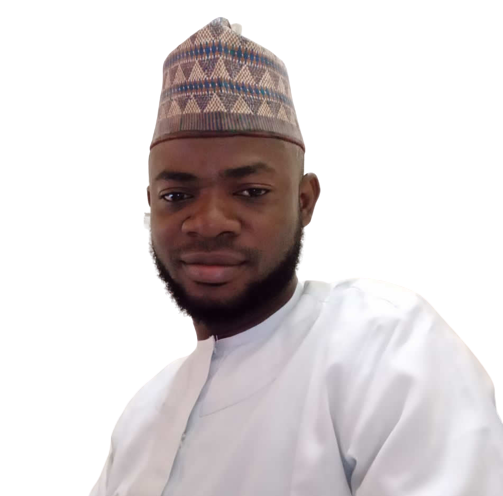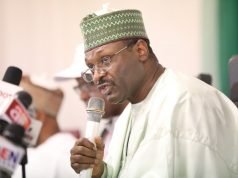
Unity is the ability to pull towards a common goal at a given time. Ethnic and tribal divides are common amongst most Countries of the world, but weaponizing Ethnicity is more prevalent in 3rd World Countries where leaders take advantage of tribal sentiments to appeal to sectional and religion support. Evidence abounds that such leaders hardly can mobilize the entire country’s potential for growth and development. Our inability to unite our country has affected our country negatively. Therefore, inefficient governance is a direct result and Correlation of tribalism in Nigeria.
The greatest dangerous factors to the nation’s cohesion are religion and ethnicity which the political class often use for divisive sentiments to win the sympathy of the people at every election season.
We have been following this destructive path of ethnic and religious biases long before and since our independence as a country. Such antics have contributed in many ways to stifling our growth and development as a nation, much as it is truism that the bane of development of the country is leadership deficiency from top to bottom.
Tribalism will raise primordial favours above rewards for good jobs done, creating a downward slope for Gross Domestic Product (GDP), and hence promoting impoverishment.
If Nigeria must progress, we must eradicate tribalism. Let’s unite the Centrifugal forces of Nigeria beyond ethnic and sectional sentiments in the choice of candidates into public offices
National unity has now become inevitably difficult to achieve, especially at this critical point in time where churches now openly dictate to their members who to vote for or not on the basis of primordial sentiment of religion.
The ambivalence and cataclysmic effect of hunger, hyper-inflation, perennial devaluation of naira and disastrous insecurity in Nigeria do not understand the language of religion and ethnocentric agenda while development and wealth do not speak the language of ethnicity, growth and development speak a universal language. Therefore, if Nigeria can look for the best men and women irrespective of tribe or religion, we will have a chance to rebuild Nigeria from its present ruins caused by years of ethnic politics and religion.
It is the ignorance of the people that made them susceptible to the manipulation of unscrupulous politicians. The politicians that are devoid of any political ideology or electoral value, whose major preoccupation is to have easy access to public funds for self-aggrandizement, resort to the use of ethnic, regional and religious sentiments to hoodwink and blindfold the electorate. They fan the embers of disunity, enmity, animosity and bitterness among the people to satisfy their egocentric, kleptomaniac, as well as megalomaniac tendencies.
Some ethnic jingoists, regional chauvinists, tribal champions and religious leaders are drafted into this unwholesome venture, and are working tirelessly to undermine the integrity of the electoral process. They employ hate speech, baseless insinuations, rumour and falsehood, in both mainstream and social media, which if left unchecked, can jeopardize the little gain that was made in the 23 years of uninterrupted democracy.
We need a network of thinking Nigerians, from among the Muslim and Christian populations, and from the diverse ethnicities across the country, to help salvage our country and its people from the politics of bloodletting, greed and acrimony, that is largely superintended by shameless prostitutes of power, who often have nothing to show for their stupendous wealth, except that they have held political offices as legislators, governors, ministers, board chairmen, chief executives of federal parastatals, or party chieftains; during which time they often so callously and recklessly looted the state resources entrusted to them, that many soon became richer than the institutions which they superintended.
- Atima is a concerned Nigerian, wrote in from Ado-Ekiti He can be reached via a.u.atima@gmail.com






